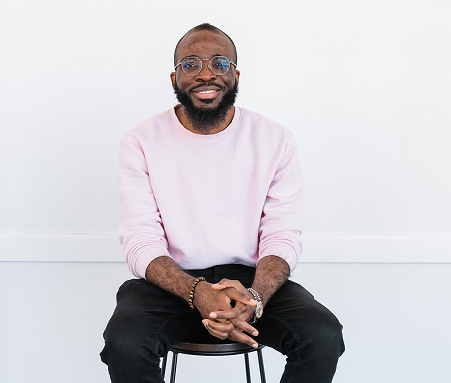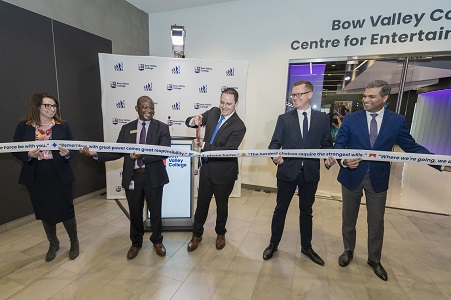)
International Women’s Day – Q & A with Ana Karina Navas
International Women’s Day is recognized globally as a day to celebrate the achievements and impact made by women. Here at Bow Valley College, we have many women who are making significant impacts on students’ and contributions intheir communities.
Today, we caught up with Ana Karina Navas, a 2018 Addiction Studies – Aboriginal Focus graduate, about her work in the field of human services.
Q: What do you currently do for a living?
A: I currently work as a family support worker at a youth shelter where my main role is to support both youth and parents/guardians in crisis situations.
Q: How did you get into your industry?
I’ve always been driven to support my community and improve the quality of life of those who have experienced traumatic events, mental health disorders, addictions, homelessness, and more. After finishing the program at Bow Valley College, I started working for an organization that provides mental health support to people struggling with mental health disorders and who are unable to live independently. Later, I worked as a counsellor for Calgary Immigrant Women’s Association, helping immigrant women and youth overcome barriers while providing supportive counselling to help them to reach their maximum potential.
Q: Can you tell us about an experience or accomplishment from your career that stands out for you?
A: When working at Calgary Immigrant Women’s Association as a counsellor, I achieved high levels of self-realization by seeing how my job made a difference for women and their families. Just having someone who would understand their situation, and encourage them to reach their maximum potential, provided a way for at-risk women and adolescents to improve their lives.
Q: Have you encountered any challenges in your field? How did you overcome them?
A: One of the challenges I encountered was being mindful of the importance of self-care in this field for my well-being and effectiveness in supporting clients. Because of the high demand for the service, and the complexity of some cases that can be shocking and overwhelming, mental well-being is imperative. By being mindful of the importance of practicing self-care, I was able to effectively continue providing services to those who needed it the most.
Q: What does being a woman in your field mean to you?
A: To me, being a woman in the human services field is essential since we have a deeper level of empathy and understanding of the societal imbalances that women have experienced for generations. We can see how this negatively impacts women’s lives, equality, and progress.
Q: How do you think your industry can provide more representation or opportunities for women?
A: We can provide representation for women in the human services field by stepping up to support women’s well-being and striving for diversity, equity, inclusion, and professional development to engage and integrate all women at all levels into a productive society.




